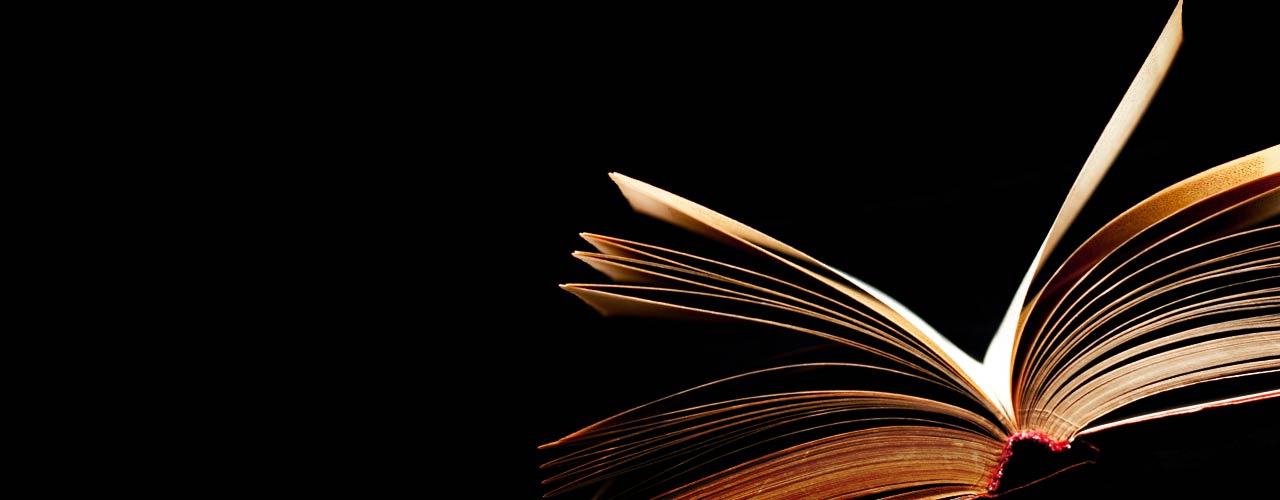
Dowody i fakty naukowe cytowane w artykułach dotyczących wzmacniania odporności u sportowców
- Nieman, D.C. oraz Wentz, L.M., 2019. The compelling link between physical activity and the body’s defence system. Journal of Sport and Health Science, 8(3), pp201-217.
- Pedersen, B.K., Rohde, T. oraz Ostrowski, K., 1998. Recovery of the immune system after exercise. Acta Physiologica Scandinavica, 162(3), pp.325-332.
- Urashima, M., Segawa, T., Okazaki, M., Kurihara, M., Wada, Y. oraz Ida, H., 2010. Randomized trial of vitamin D supplementation to prevent seasonal influenza A inschoolchildren. Am J Clin Nutr, May;91(5):1255-60. doi: 10.3945/ajcn.2009.29094. Epub 2010 Mar 10.
- Shankar, A.H. oraz Prasad, A.S., 1998. Zinc and immune function: the biological basis of altered resistance to infection. The American journal of clinical nutrition, 68(2), pp. 447S-463S.
- Rink, L. oraz Haase, H., 2007. Zinc homeostasis and immunity. Trends in immunology, 28(1), pp.1-4.
- Gleeson, M. oraz Bishop, N.C., 2000. Modification of immune responses to exercise by carbohydrate, glutamine and anti-oxidant supplements. Immunology and Cell Biology, 78(5), pp.554-561.
- Cupps, T.R. oraz Fauci, A.S., 1982. Corticosteroid-mediated immunoregulation in man. Immunological reviews, 65(1), pp.133-155.
- Burke, E.R., 2002. Serious Cycling. Human Kinetics. pp.154-155.
- De Tullio, M. C., 2010. The Mystery of Vitamin C. Department of Plant Biology and Pathology, University of Bari: Nature Education 3(9):48
- Pham-Huy, L.A., He, H. oraz Pham-Huy, C., 2008. Free radicals, antioxidants in disease and health. International journal of biomedical science: IJBS, 4(2), p.89.
- Fitzgerald, L., 1988. Exercise and the immune system. Immunology today, 9(11), pp. 337-339.
- Carr, A.C. oraz Maggini, S., 2017. Vitamin C and immune function. Nutrients, 9(11), p.1211.
- Hickey, S. oraz Roberts, H., 2005. Misleading Information on the Properties of Vitamin C. PLoS Med 2(9): e307.
- Legault, Z., Bagnall, N. oraz Kimmerly, D.S., 2015. The Influence of Oral L-Glutamine Supplementation on Muscle Strength Recovery and Soreness Following Unilateral Knee Extension Eccentric Exercise. Int J Sport Nutr Exerc Metab: Paź;25(5):417-26. doi: 10.1123/ ijsnem.2014-0209. Epub 2015 Mar 26.
- Calder, P.C., Yaqoob, P., 1999. Glutamine and the immune system. Amino Acids: 17(3): 227-41.
- Ren, W., Li, Y., Yu, X., Luo ,W., Liu, G., Shao, H. oraz Yin, Y. 2013. Glutamine modifies immune responses of mice infected with porcine circovirus type 2. Br J Nutr: Wrze 28;110(6): 1053-60. doi: 10.1017/S0007114512006101. Epub 2013 Sty 28.
- Gleeson, M. 2008. Dosing and Efficacy of Glutamine Supplementation in Human Exercise and Sport Training. The Journal of Nutrition: Tom 138, Wydanie 10, pp. 2045S–2049S.
- Barrett, B., 2003. Medicinal properties of Echinacea: a critical review. Phytomedicine, 10(1), pp.66-86.
- Caruso, T.J. oraz Gwaltney Jr, J.M., 2005. Treatment of the common cold with echinacea: a structured review. Clinical Infectious Diseases, 40(6), pp.807-810.
- Shah, S.A., Sander, S., White, C.M., Rinaldi, M. oraz Coleman, C.I., 2007. Evaluation of echinacea for the prevention and treatment of the common cold: a meta-analysis. The Lancet infectious diseases, 7(7), pp.473-480.
- Campbell, J.P. oraz Turner, E.T., 2018. Debunking the Myth of Exercise-Induced Immune Suppression: Redefining the Impact of Exercise on Immunological Health Across the Lifespan. Artykuł przeglądowy, Department for Health, University of Bath, Bath, Wielka Brytania
Czytaj więcej powiązanych artykułów:
- Jak działa układ odpornościowy
- Jak zadbać o siebie w czasach COVID?
- Jak wzmocnić odporność? [Aktywność fizyczna]
- Jak wzmocnić odporność [Odżywianie]
- Jak zwalczać infekcje? [Witamina C, L-Glutamina i Echinacea]
- Przepis TORQ na zwiększenie odporności
- Jak wzmocnić odporność [Poradnik]